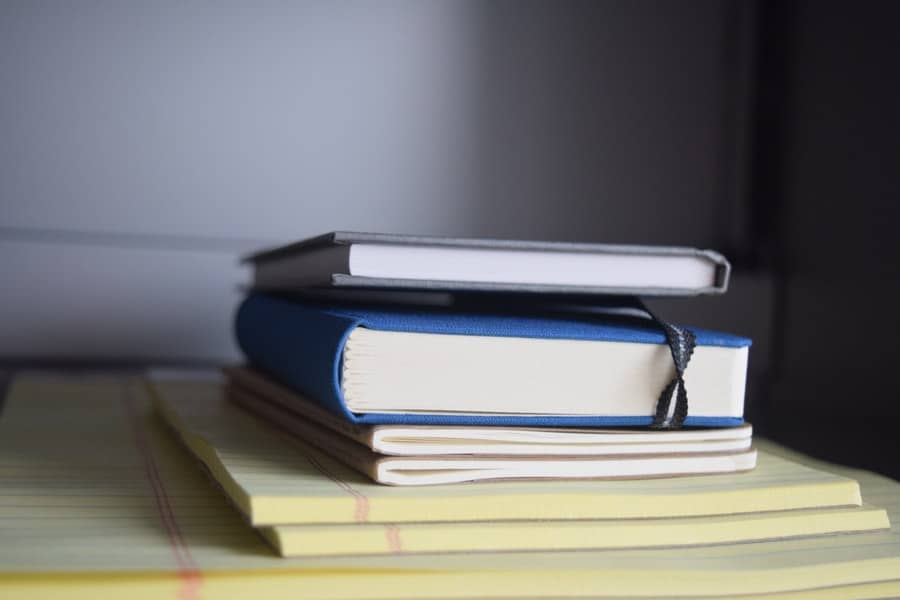Whether it’s at a home or a business, it’s very easy for paper clutter to build up and become a problem. Fortunately, you don’t have to put up with all that paper if you don’t want to. There are some great ways for you to focus on getting that clutter under control, so you can have a neat, clean space.
It’s not just about the look of paper clutter, either. It’s also about finding things when you need to and not having important documents lost in piles of papers that don’t really matter to you. Here are some of the best tips to keep paper from piling up and turning into clutter.
1. Make Time to Reduce the Clutter You Already Have

If you already have a lot of paper clutter, the first thing you’ll want to do is work at reducing it. The best way to do that is to carefully go through your home and gather all the paper into one place. Then you can sort and divide it into piles — one for recycling/trash (like random paperwork you don’t need for anything), one for shredding (such as anything with sensitive information on it), and one for keeping (like vehicle titles, birth certificates, etc.).
Once everything’s divided, take the time to recycle or throw away that pile, and shred the pile with sensitive info in it. You don’t have to own a shredder, either. There are many places that will shred documents for you free of charge or for a very small fee. It’s well worth that, for the peace of mind it brings.
2. Invest in a Good Filing Cabinet or Similar System

Now that all you have is the pile you really want to keep, you need a great way to store the papers in that pile. That way you won’t have clutter, and you’ll also be able to find things when you need to. If you have (and will continue to accumulate) a lot of paper, you might want to purchase a full-size file cabinet.
You can also opt for a smaller cabinet, or a different type of filing system if you don’t have nearly as much paper to store. The right filing system is the one that works for you, but if you’re looking to reduce clutter you’ll want to choose a small option and reduce the paperwork you have even further. There are ways to do that.
3. Categorize and File All the Paper You Need to Keep

For papers you’ll definitely want to keep, like certified copies of any legal proceedings, titles to your vehicles, the deed to your home, and other items, you’ll want categories. That way you not only know where all the important papers are, but you know which file or folder to look in to find something specific.
You might have all the house information in one folder, a folder for each vehicle (title, insurance, etc.), and a folder for your health insurance. Naturally, the folders you choose will have to be up to you and the kinds of papers you’re storing. Having a folder for each specific thing can make finding papers much easier.
4. Go Digital With Everything You Can, to Reduce Paper

For a lot of the paperwork you used to get (bills, bank statements, credit card statements, etc.), consider going digital. You might also want to consider this option for paperwork you already have and aren’t sure what to do with. If you have 10 years of bank statements, for example, you probably don’t need to keep them all. But if you still want to keep them, you can invest in a scanner and digitize them all. Then you can get rid of the paper, but still have the statements.
It can take some time to go through all the paper you have and make it digital, but it’s well worth the effort. Additionally, it takes time to go to each company you get paper statements from and have them start sending you digital statements. But that time is well-spent when you can reduce your paper clutter significantly and keep new paperwork from coming in and creating clutter in your home or office.
Organizing what you have and need to keep, getting rid of what you really don’t need or want anymore, and digitizing everything else can go a long way toward a clutter-free home where you can really relax and feel comfortable. It’s a great way to keep paper from piling up.


how do you digitally do your papers and file
Love this and would really benefit from a more specific list of important papers to keep. Thank you!